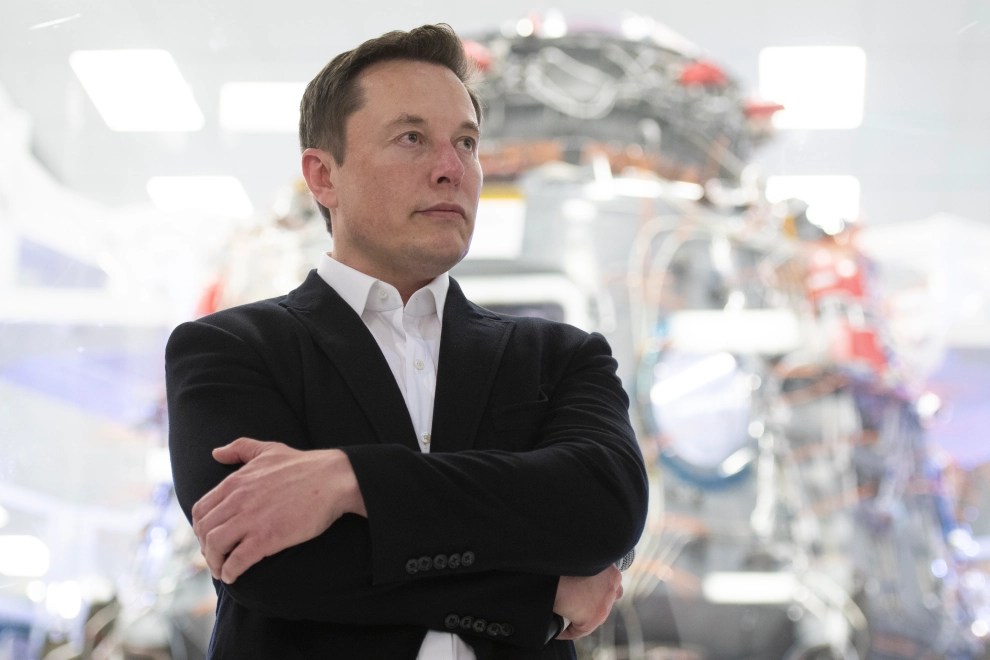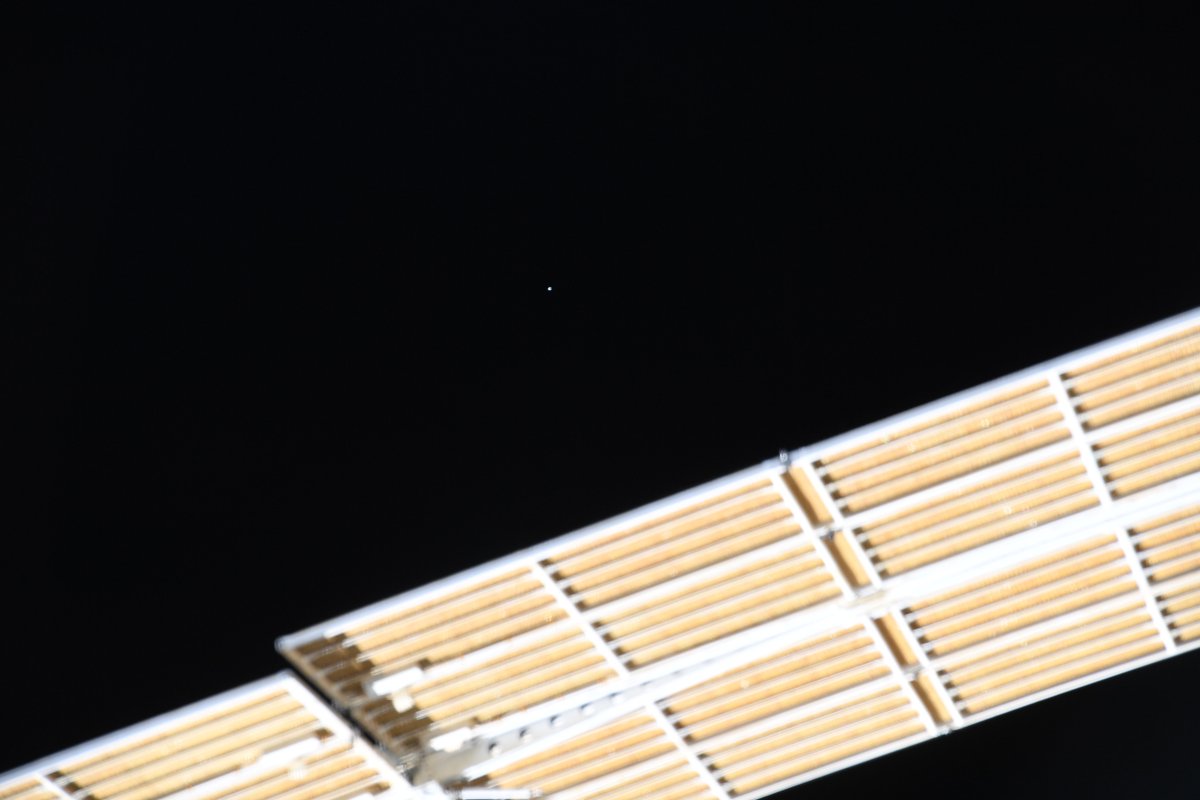Hello and welcome back to Max Q.
In this issue:
- Boeing’s make it or break it launch
- Fresh funding for SpaceX
- News from Virgin Orbit, Rocket Lab and more
Don’t forget to sign up to get the free newsletter version of Max Q delivered to your inbox.
Boeing’s make it or break it Starliner launch
Nearly two and a half years after the first botched flight test, Boeing successfully launched its Starliner capsule on Thursday, and docked it to the International Space Station on Friday night. It’s a major achievement for the company’s astronaut transportation program, which until now has been plagued with setbacks and technical snafus.
It was a high-stakes mission, to put it mildly. Starliner’s closest analogue is SpaceX’s Dragon capsule, and indeed both were developed under a NASA program called Commercial Crew Transportation Capability (CCtCap). The agency (read: the taxpayer) awarded both SpaceX and Boeing billions of dollars to develop capsules capable of transporting astronauts to and from the ISS.
Boeing was awarded a total of $4.82 billion for a commercial crew transportation system, and so far that money has yet to yield a single successful mission. That’s contrasted with SpaceX, which has already started ferrying astronauts to and from ISS with the Crew Dragon capsule. SpaceX’s tech has been so successful that NASA extended SpaceX’s contract to include three more crewed missions at a cost of $900 million.
But with this successful mission, it appears that Boeing is back on track toward becoming another astronaut transportation provider. The Starliner that flew on Thursday was uncrewed, as it was just a test flight, and it will spend fived-10 days docked to ISS before returning to Earth.
Watch Starliner’s docking below.
The @BoeingSpace #Starliner crew ship completed its trip to the station when it docked to the Harmony module’s forward port at 8:28pm ET today. More… https://t.co/RgllPL4Uiu pic.twitter.com/0uxslOk0Mn
— International Space Station (@Space_Station) May 21, 2022
SpaceX raising funds at a valuation of $127 billion, sources say
A big piece of news that caught my eye this week: SpaceX is reportedly raising a fresh round of funding, to the tune of a staggering $1.725 billion, with the share price at $70, CNBC reported. This would mark a 25% increase from the previous share tender at $56 per share. The round would value the company at $127 billion, according to sources, making it the highest-valued startup in the country.
In a separate piece of reporting, The New York Post also quoted unnamed sources on a potential share sell, including Elon Musk himself sharing sells. The Post suggested that the billionaire could sell shares to help fund his $44 billion purchase of Twitter.
The last time SpaceX raised funds, it was back in December, when the space company raised more than $337 million at a valuation of around $100 billion.

Image Credits: Getty Images
More news from TC and beyond
- ABL Space Systems completed acceptance testing of the second stage of its rocket, roughly four months after a testing accident caused the loss of the original second stage, CEO Harry O’Hanley said.
- Blue Origin scrubbed the fifth crewed mission of the New Shepard rocket on Wednesday, due to one of the back-up systems “not meeting [the company’s] expectations for performance,” a spokesperson said. The new date for the NS-21 launch has yet to be announced.
- Elon Musk was accused of sexual harassment by a former SpaceX corporate jet flight attendant; the flight attendant and the company reached a $250,000 severance agreement in 2018, but the details of her allegation are just coming to light.
- Launcher announced the customers for the first flight of its space tug, Orbiter. They include Skyline Celestial, Innova Space, NPC Spacemind, Bronco Space/Cal Poly Pomona, Stanford Student Space initiative and an undisclosed customer. Orbiter will launch on a SpaceX rideshare mission in October.
- Phase Four is opening a new factory to scale production of its Maxwell radio-frequency plasma propulsion system. The new facility will be able to churn out 100 Maxwells per year, the company told Payload.
- NASA said there are 72 launch opportunities for Artemis I through the end of 2022. Artemis is the agency’s grand project to return humans to the moon; Artemis I will mark the inaugural uncrewed launch, but NASA’s Space Launch System (SLS) mega-moon rocket will need to be ready first.
- Relativity Space completed key tests for its second stage of the Terran 1 3D-printed rocket, as well as all nine Aeon 1 engines for the first stage, at NASA facilities in Mississippi. Rewatch the test here.
- Rocket Lab reported first quarter revenues of $40.7 million, with the lion’s share of that coming from the company’s space systems division rather than launch. While launch only composed $6.6 million in revenue (that’s just a single launch), Rocket Lab estimated higher earnings from launch in the next quarter.
- Rocket Lab also said this week that it began payload integration of the CAPSTONE spacecraft, which will head to lunar orbit in advance of NASA’s Artemis uncrewed mission later this year (fingers crossed).
- Seraphim, a U.K.-based investment firm, announced the next cohort of its 11-week Space Camp accelerator; startups include Ntention; Lunasa Space; ODIN Space; Smart IR; AIRMO; Cislunar Industries; and Deep Planet.
- Skyroot Aerospace, an Indian startup developing what would be the country’s first fully private rocket, successfully completed a full-duration test of the rocket’s third stage.
- SpaceX launched another 53 Starlink satellites on Wednesday. It marked the 21st overall orbital flight for SpaceX so far this year. Whew.
- Speaking of which, SpaceX is now 85% vertically integrated, sources told Eric Berger. At least some of that is due to supply chain issues, rather than internal strategy, he said.
Photo of the week

Astronaut Samantha Cristoforetti posted this image on Twitter, taken by her from the International Space Station. That little dot near the center of the frame is Starliner! She posted some pretty epic follow-up photos, too. Image Credits: Samantha Cristoforetti (opens in a new window)
Max Q is brought to you by me, Aria Alamalhodaei. If you enjoy reading Max Q, consider forwarding it to a friend.















 English (US) ·
English (US) ·